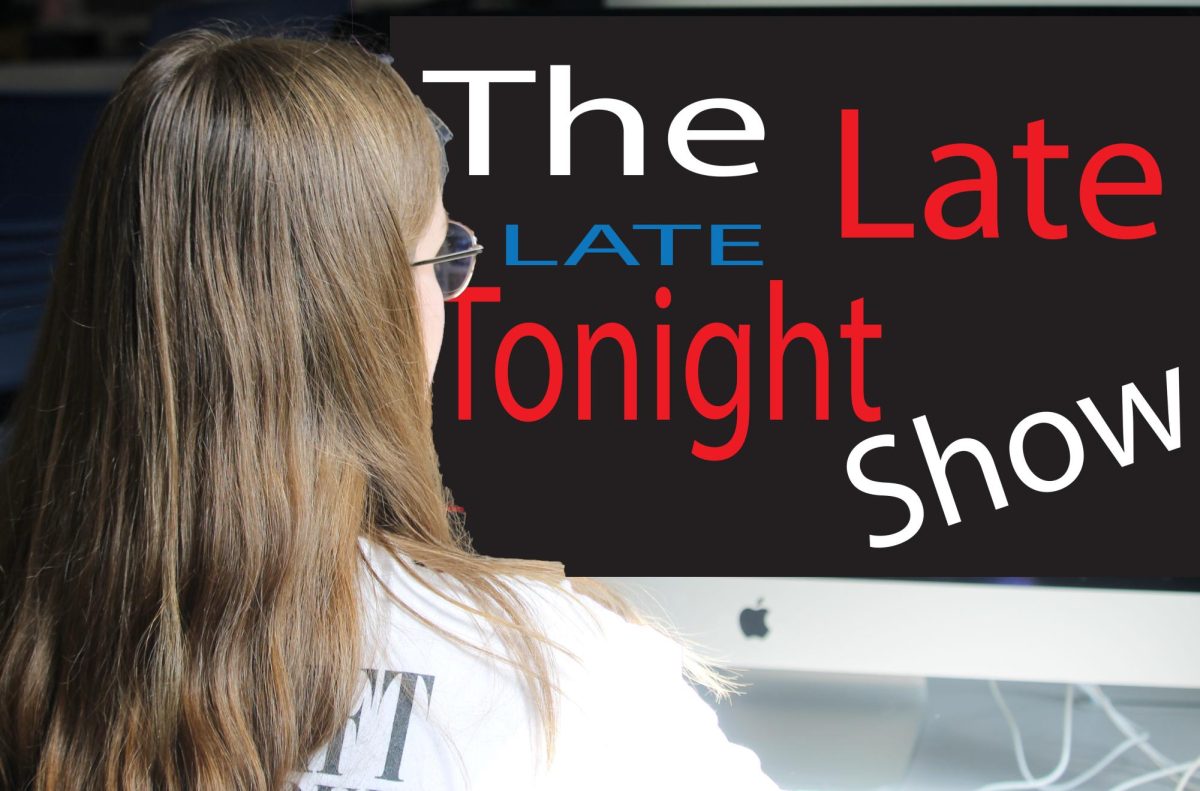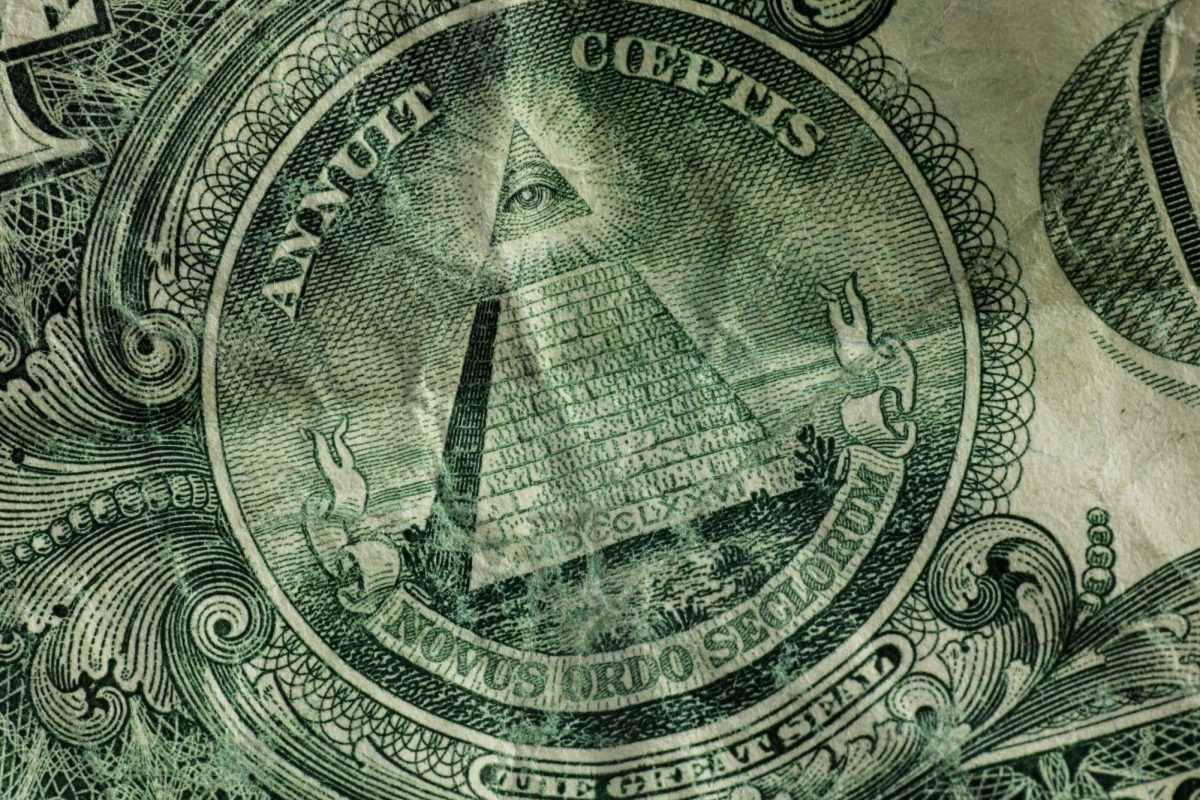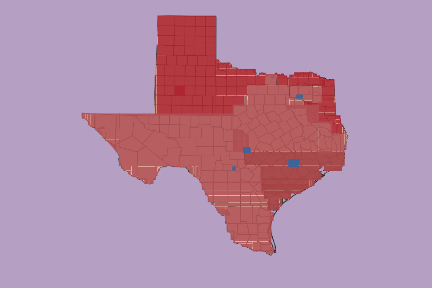On July 21, 2025, host of “The Late Show” and comedian Stephen Colbert announced proudly, “The gloves are off.” Why? Because all was already lost.
In mid-July, “The Late Show” was unexpectedly canceled, for what Paramount claimed were financial reasons following declining ratings. Yet many — including Colbert himself — were adamant that the show was pulled for more political reasons. But, of course, without any clear point of comparison, those claims are hard to prove. That is, until mid-September, when Colbert’s fellow late-night host Jimmy Kimmel was suspended from the air following comments on the Charlie Kirk assassination.
And thus, a pattern began to form. Following the money may be cliché, but in this context, it seems the money may be the most reliable source. Simply put, the Trump administration is using financial pressures to suppress the speech of figures it finds distasteful — all while hiding under the guise of a free-market economy.
Beginning with Colbert for the sake of chronological order, it is important to understand that “The Late Show” is owned by CBS, which in turn is a subsidiary of Paramount Global. Recently, Paramount was poised to merge with Skydance, a fellow media conglomerate. The vital piece of information here is that mergers of a certain value require federal approval by the Federal Communications Commission, or FCC. As an independent regulatory agency, the FCC is answerable to Congress.
As a result, many have speculated that Colbert, who criticizes the president frequently — if not daily — was pulled from the air to appease the administration and the Republican-controlled Congress to allow the FCC to approve the merger.
Paramount and CBS deny that this was the reason Colbert was canceled, claiming it was a financial decision due to declining viewership. Colbert himself has been adamant that he believes the cancellation of his show was a political pacifier for the commander in chief.
Next followed Jimmy Kimmel. Kimmel’s show was dramatically suspended for comments he made after the Charlie Kirk assassination. Kimmel made no comments on the character of Kirk, his political views, or his career. Instead, he said the MAGA movement was eagerly finger-pointing to characterize the shooter as “anything but their own.” Furthermore, Kimmel argued that the MAGA movement was trying to gain politically from Kirk’s untimely death. Far from criticizing the man, Kimmel seemed to be arguing against abusing a man’s passing.
For his comments, however, Kimmel’s show was pulled off the air by its owner, ABC, a Disney subsidiary. This came only after the FCC entered the picture. Hours before the show was pulled, FCC Chair Brendan Carr went on a podcast and advocated for broadcasters to “take action” against Kimmel.
Ultimately, Kimmel regained his show after a surge in Disney+ and Hulu cancellations scared the companies into reinstating the host.
These cancellations are not coincidence, and they are not unconnected. They are, as the companies say, financial decisions — but only because the federal government is twisting its power over the economy to legally restrict freedom of speech. However, as Kimmel’s story proves, a market economy is answerable to consumers. The FCC and awkward financial situations may ask broadcasters to pull liberal-leaning hosts off the air, but the market may push them right back on stage.
















